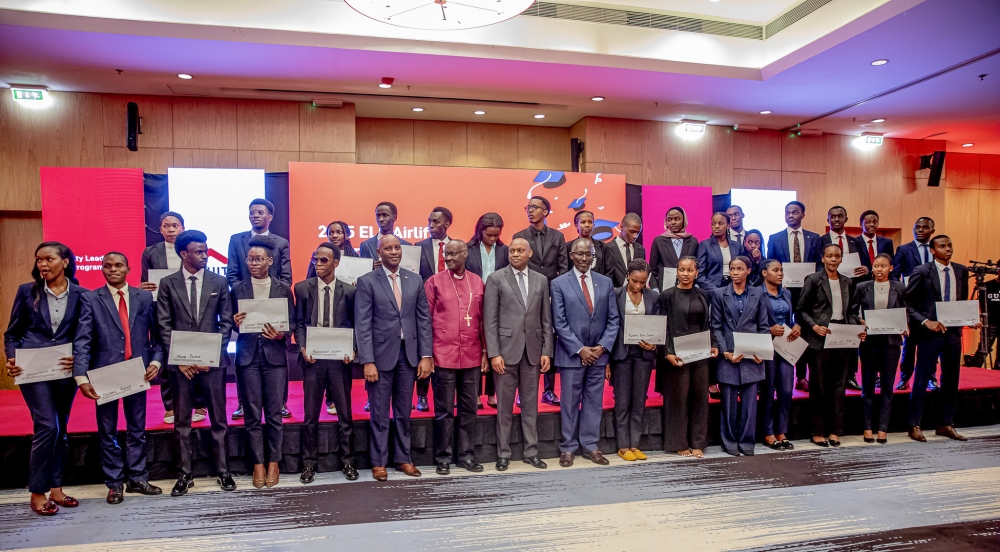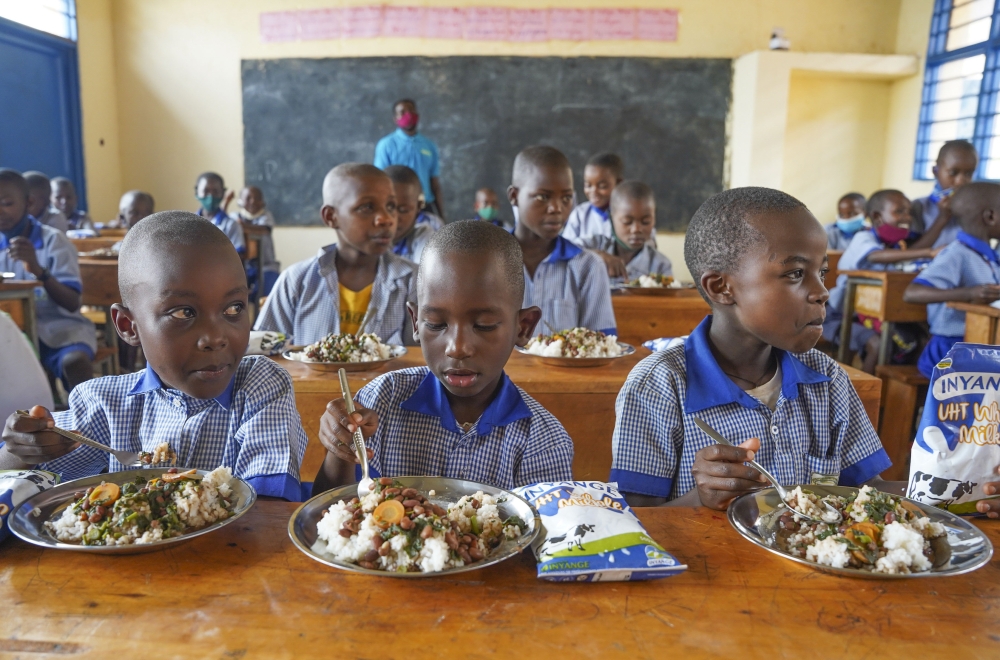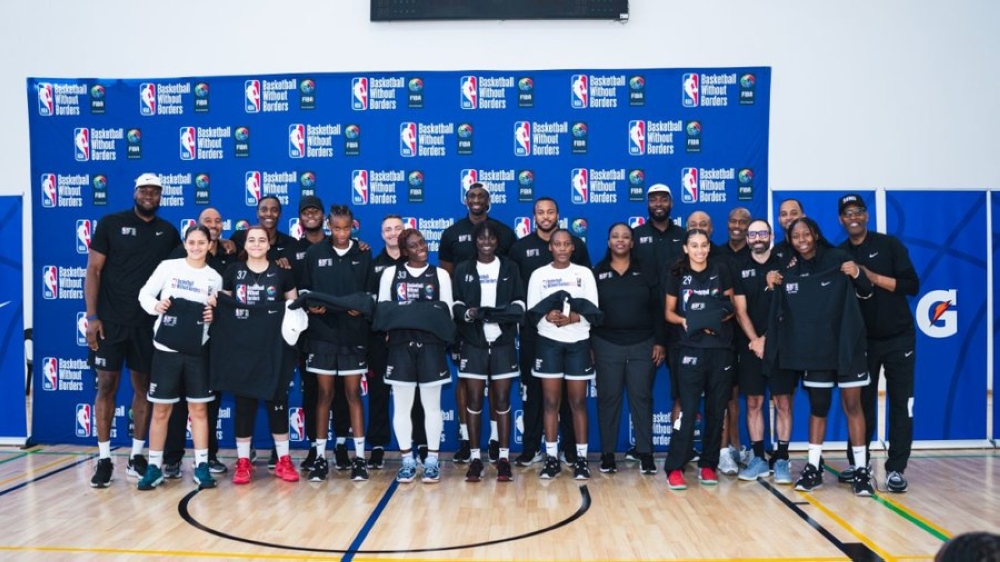A PROJECT to help community health workers that the International Rescue Committee (IRC) started in 2005 wound up on Friday with both initiators and beneficiaries giving it thumbs up in the Eastern Province.

A PROJECT to help community health workers that the International Rescue Committee (IRC) started in 2005 wound up on Friday with both initiators and beneficiaries giving it thumbs up in the Eastern Province.In 2012, the "Medicine at Our Doorstep” project helped a network of more than 2,000 community health workers provide service to more than 28,000 children under five treating malaria, pneumonia and diarrhea in Kirehe and Ngoma districts. "The rate of under-five mortality decreased from 152 deaths per 1,000 live births in 2005 to 76 deaths per 1,000 live births in 2010. We are proud of the success made within this period,” said Richard Crothers, the Country Director of IRC’s Burundi and Rwanda programs.The health workers were trained to access children’s health conditions, provide treatment and refer children with danger signs or complicated cases to hospitals..According to the Demographic and Health Survey 2010, under-five mortality remains high in the Eastern Province with the rate of 125 deaths per 1,000 live births.This is what made the IRC in collaboration with the Ministry of Health remain in Ngoma and Kirehe districts through "Medicine to Our Doorstep” project after achieving the first phase which combined Ngoma, Kirehe, Gisagara, Nyamagabe, Nyaruguru and Nyamasheke districts.The Quality Assurance officer in IRC, Solange Bakundukize, said the project benefited both community health workers and the people in general since they played a significant role."Community health workers rerceived knowledge and skills and were able to analyze data from the child, recognize signs of malaria, diarrhea, and pneumonia and were able to provide correct treatment in terms of medication and dosage,” she said.Beneficiaries testifyCommunity health workers admit there is a big change in terms of child treatment skills in comparison to the period before the project came to help their communities.Many members of the community also praised the lifesaving treatments offered through IRC’s project."My child had fever and I went to see a community health worker. She examined the child and tested for malaria. The test was positive and she gave the first dose of medication. Then she explained to me how to give the medication—one pill every morning and evening for three days,” a mother from Ngoma District narrated.Community health workers not only provide lifesaving treatments to children within the community, but they also have an impact on behavioural change by advising caregivers and parents how to prevent diseases such as having young children sleep under a mosquito net.The "Medicine at Our Doorstep” project started in 2005 with funding from the Canadian International Development Agency (CIDA).






